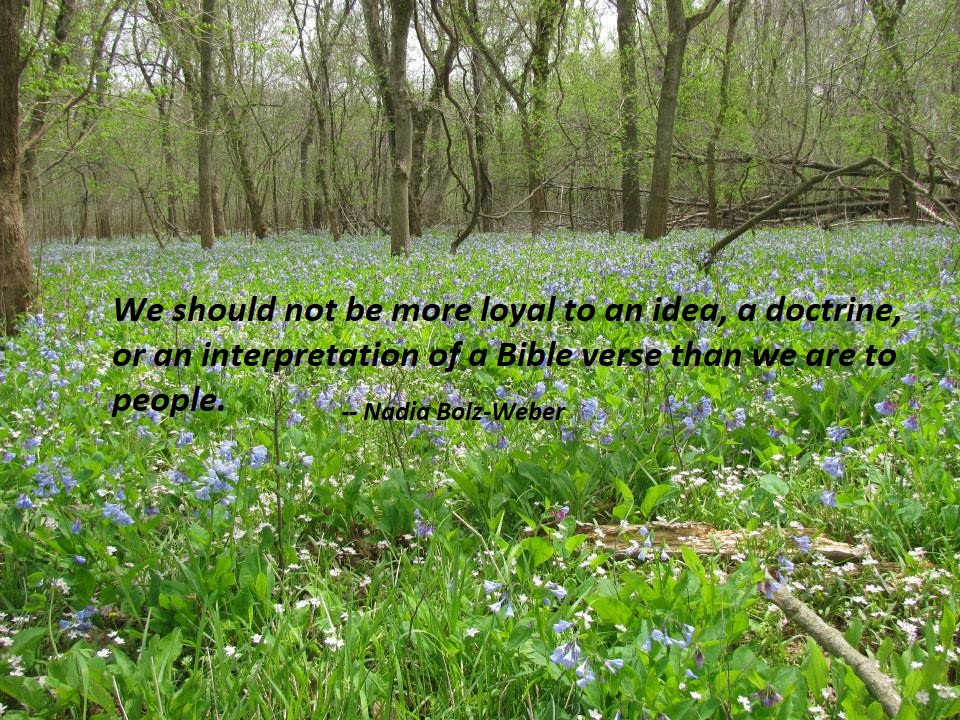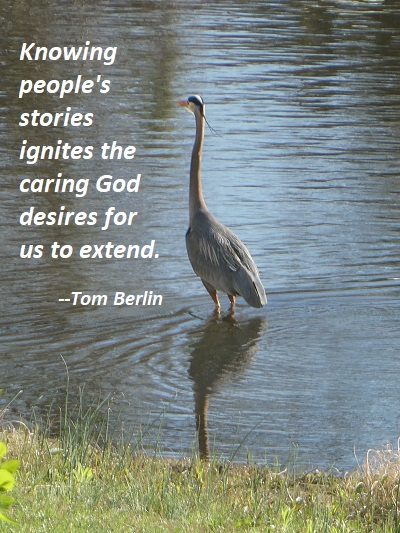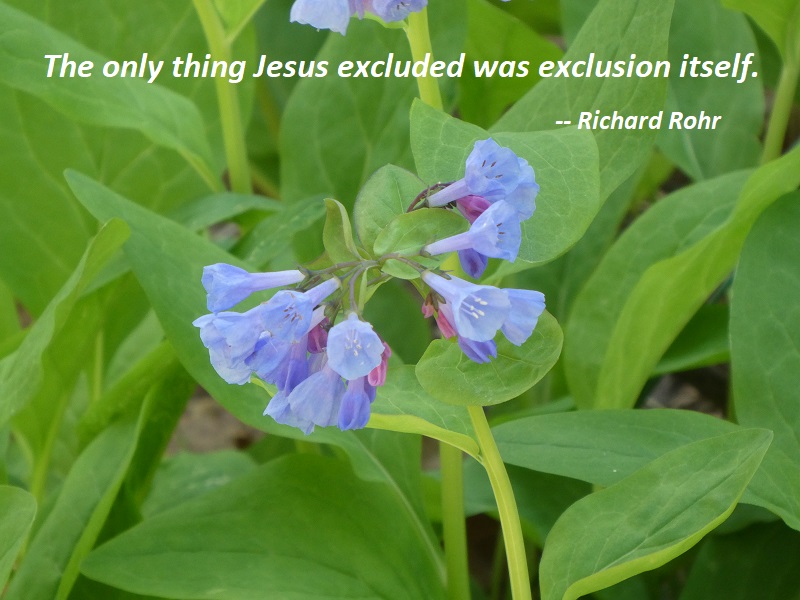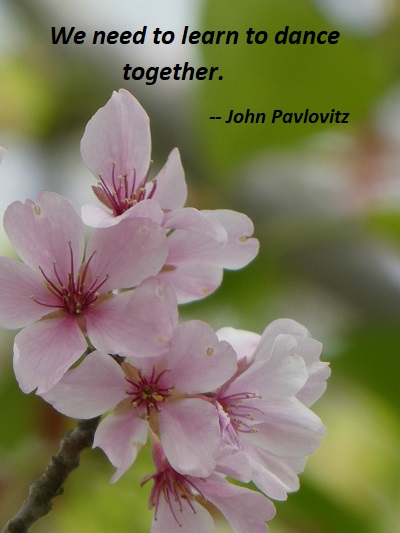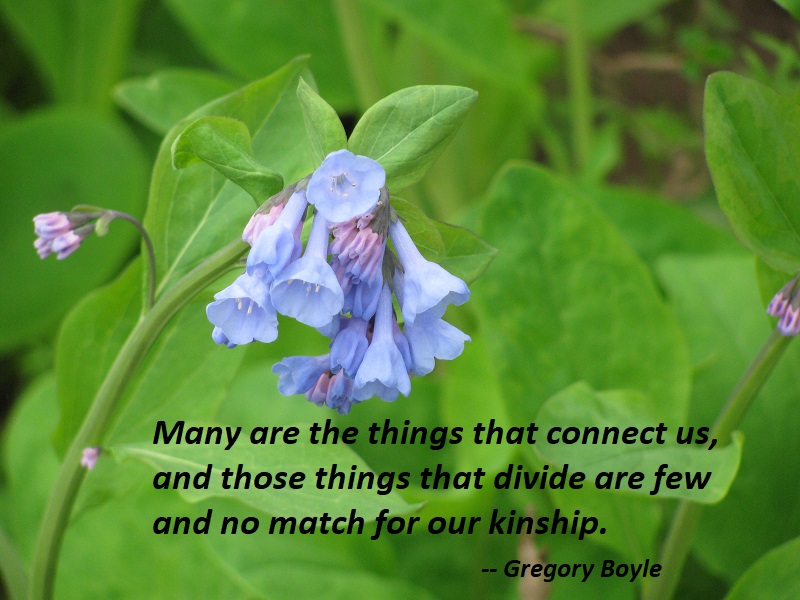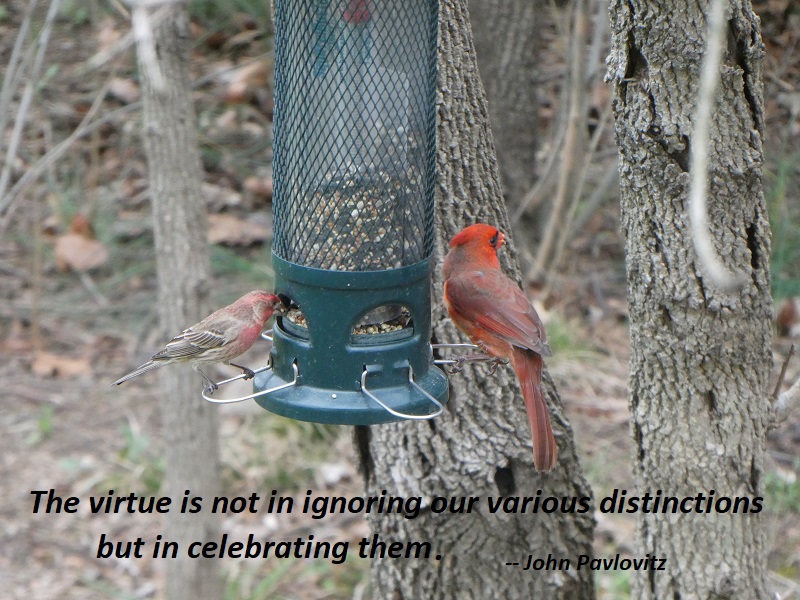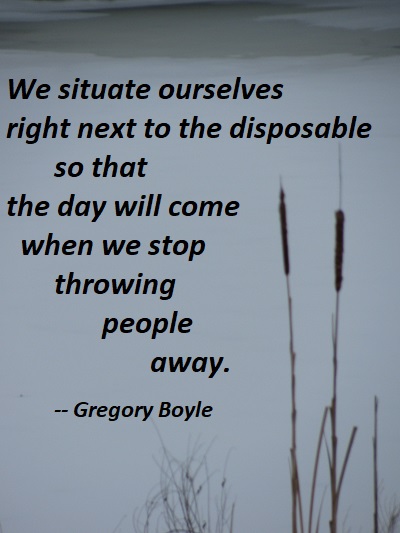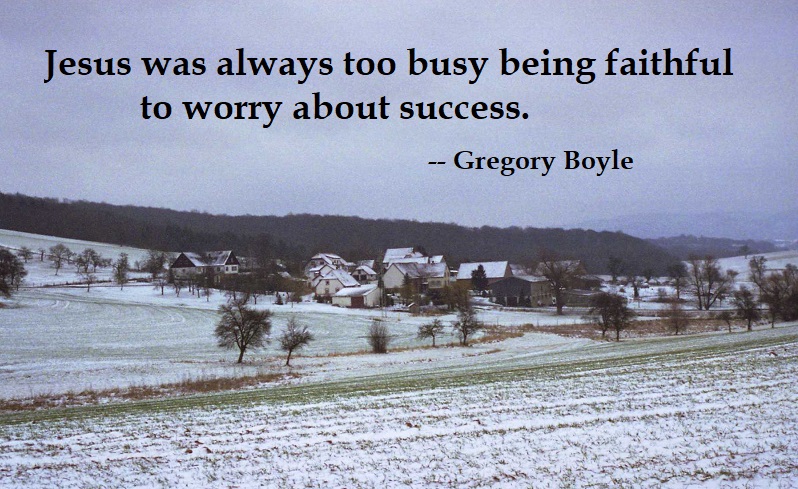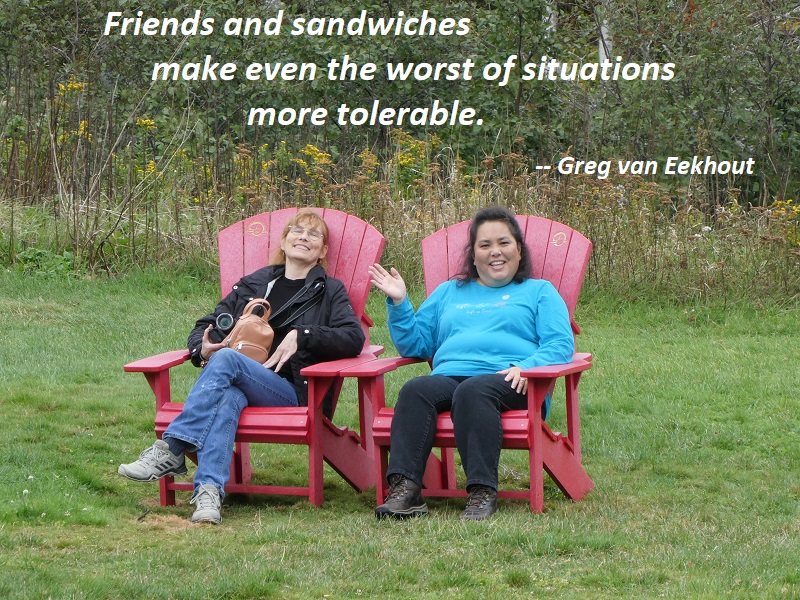Beyond Sameness
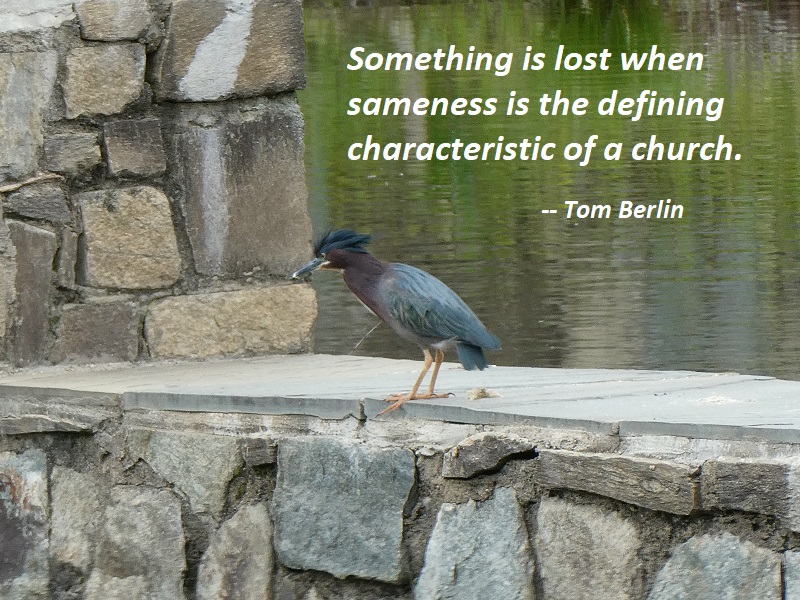
One look at the group Jesus first assembled as his followers tells us that something is lost when sameness is the defining characteristic of a church. Jesus’ example teaches us that something is wrong when we leave out people who differ from us and only feel at home when everyone is the same. His goal is not to make us more of what we are, but help us to become what we can be. That requires us to expand our understanding of what it means to love our neighbor. Christ shows us that the only way to learn the greatest commandment is to have people in our lives who we personally find so difficult to love that we have to get up every morning and pray to our Creator for a love we could not produce on our own. The first disciples had to ask God to expand their hearts so they could overlook the past sins of the tax collector, put up with the ideological torpedo the zealot launched at breakfast, ignore the angry brothers’ latest argument, or figure out if it was time to confront the group treasurer they were beginning to think was embezzling funds.
— Tom Berlin, Reckless Love, p. 43
Photo: Green heron, South Riding, Virginia, April 25, 2020